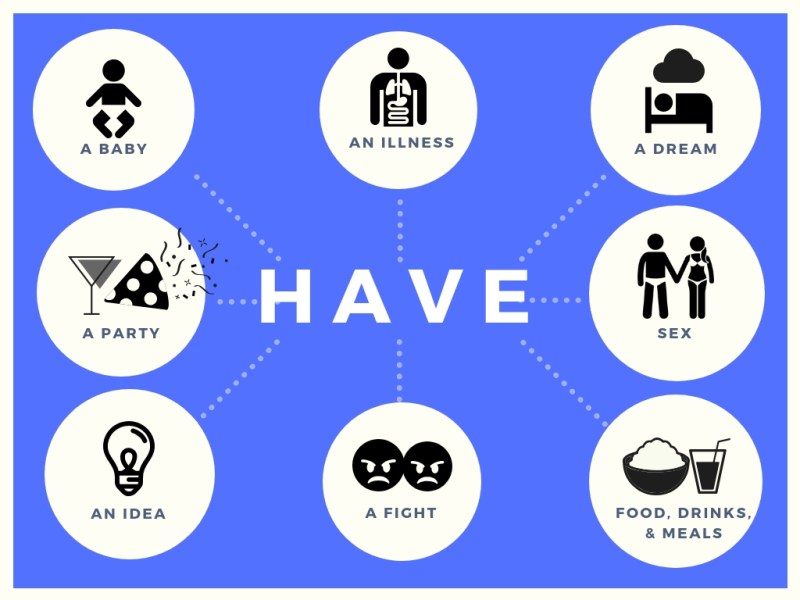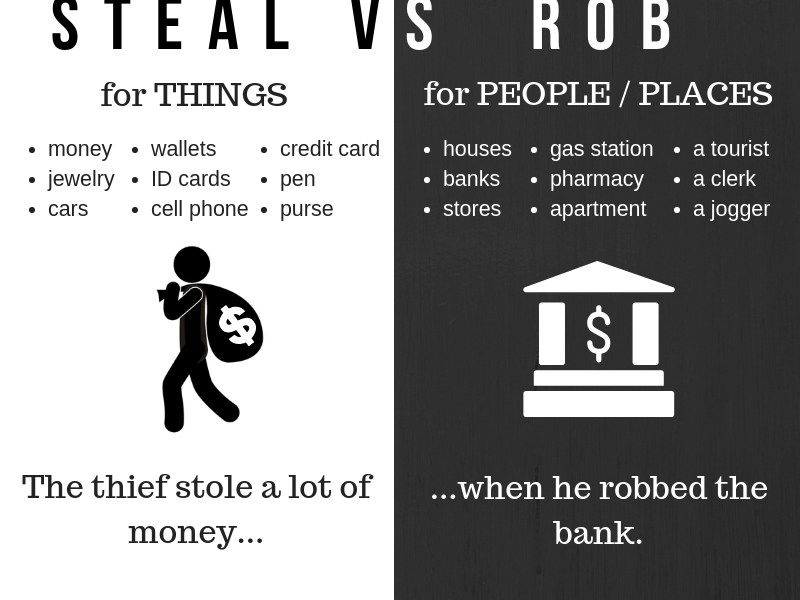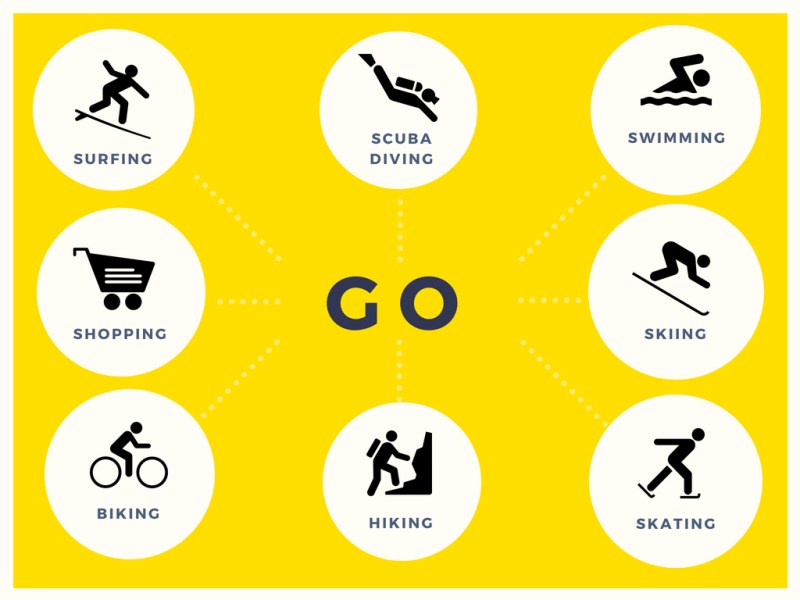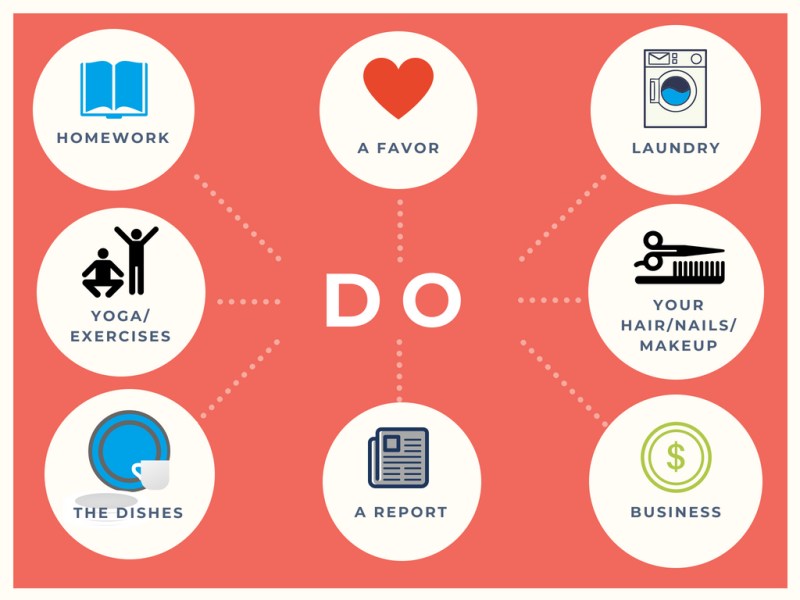Category: Vocabulary
History vs. Story: What’s the Difference?
History: The study of past events or people History is a subject that we…
3 Confusing Verbs and How To Pronounce Them: Feel, Fall, and Fill
Three verbs that are often confusing for English students are feel, fall, and fill, especially…
Expressions with the Verb TO HAVE
I hope everyone is having a very Happy New Year so far! I think 2019…
Still Or Until: What’s the Difference?
These two very common words are easy to confuse. They both relate to a measure…
Steal vs. Rob: Crime Vocabulary
Have you ever been robbed? It's a terrible feeling! What did they steal? STEAL and…
8 Words in English Difficult To Pronounce for Non-Native Speakers
English is not an easy language to pronounce! If you're having trouble with your tongue,…
Go Back or Come Back: What’s the Difference?
When talking about travel, it's easy to confuse the phrasal verbs go back and come back. They both mean to…
Expressions with the Verb TO GO
Use GO with another -ING verb when you talk about activities and sports. Do you want to go surfing in…
Expressions with the Verb TO DO
The verb TO DO is very useful when talking about general actions. We use it…










